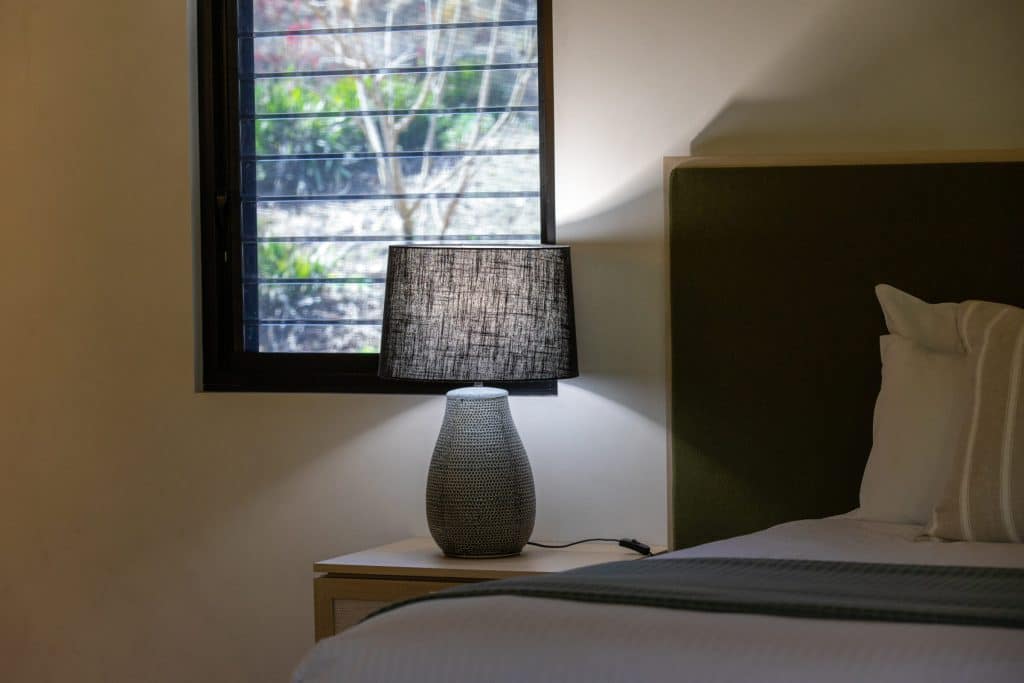If you’re like many people, you may struggle to get a good night’s sleep. This can be frustrating and can leave you feeling exhausted and drained.
But there are ways you can improve your sleep hygiene and get the rest you need.
One of the most important things you can do for better sleep is to establish a bedtime ritual. This is a set of activities you do every night before you go to sleep. Humans are creatures of habit and like any other routine, bedtime routines establish behaviours which help our brains recognise when it’s time to sleep. By performing the same activities in the same order every night, your brain comes to see those activities as a precursor to sleep and can help your mind and body relax.
Bedtime routines also play an important role in reducing late-night stress and anxiety — the kind of worrisome thoughts that keep you up at night. Anxious thoughts and rumination can activate your mind and sympathetic nervous system. These thoughts can then intensify and develop into insomnia. By following a bedtime routine, you can keep your mind focused on other tasks and encourage yourself to relax instead.
Here are a few examples of rituals for sleep hygiene:
- Create a bedtime routine: Developing a consistent bedtime routine can help your body and mind know that it’s time to sleep. This might involve taking a warm bath or shower, reading a book, or listening to calming music or a sleep meditation. The key is to do the same things in the same order every night to create a sense of predictability and routine.
- Limit caffeine and alcohol: Caffeine and alcohol can both interfere with sleep, so it’s best to avoid them. If you do choose to have caffeine, try to limit it to the morning hours, and avoid alcohol entirely in the evening.
- Avoid screens before bed: The blue light emitted by screens can disrupt your body’s natural sleep-wake cycle, making it harder to fall asleep. As much as possible, avoid using phones, tablets, and computers in the hours leading up to bedtime, and opt for a relaxing activity instead, such as reading or listening to music. If you do use an electronic device to read, set it to ‘nighttime’ to help reduce the negative effects of light.
- Have a light snack or bedtime tea: Heavy meals and drinking (whether it’s alcoholic or non-alcoholic drinks) before bed can lead to indigestion, acid reflux, and middle-of-the-night restroom trips that disrupt your sleep. However, going to bed hungry can also upset your stomach and make it hard to go to, or stay asleep. Find a healthy middle ground by calming your stomach with a light snack, such as a piece of fruit or yogurt. Cherries, grapes, strawberries, nuts, and oats all have high melatonin content. Non-caffeinated herbal teas, especially ones with chamomile or lavender, are another nice way to calm the mind and induce sleep. Just make sure to use the bathroom before bed!
- Write down a to-do-list or journal: Many people find it restorative to journal, and doing so in the evening lets them sort out their thoughts and feelings before going to bed. If the idea of journaling overwhelms you, consider starting with a simple to-do list. One study found that taking 5 minutes before bed to jot down a quick to-do list of tasks that needed to be done in the following days significantly sped up sleep onset.
- Practice meditation: Like yoga, a regular meditation practice can improve your sleep quality. Mindfulness meditation teaches people to allow their thoughts and helps them to manage emotions, enabling sleep onset, rather than stressing about not falling asleep.
By incorporating these rituals into your daily routine, you can improve your sleep hygiene and get a better night’s sleep. This can help you feel more rested, focused, and energised during the day.





